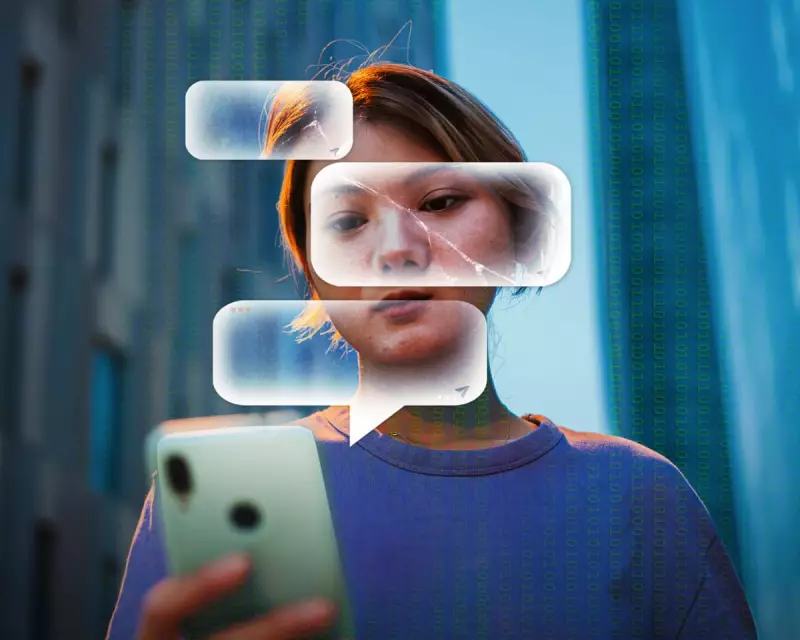
In an era where misinformation spreads faster than truth, developing a reliable "BS detector" has become an essential life skill. The digital landscape is flooded with deliberately misleading content, AI-generated fabrications, and well-meaning but inaccurate claims that can have real-world consequences.
The Modern Misinformation Crisis
False information isn't just annoying—it's dangerous. From health scares that discourage vital vaccinations to political propaganda that undermines democracy, the stakes have never been higher. The sheer volume of content we encounter daily makes manual fact-checking of every claim impossible.
Building Your Digital Defence System
Developing critical thinking skills requires conscious effort. Start by asking these crucial questions whenever you encounter suspicious information:
- Who's behind this information? Check the source's credentials and potential biases
- What evidence supports these claims? Look for verifiable data and reputable references
- When was this published? Outdated information can be misleading even if originally accurate
- Why was this created? Consider the motivation—is it to inform, persuade, or provoke?
- How does it make you feel? Content designed to trigger strong emotions often bypasses critical thinking
Practical Fact-Checking Techniques
Beyond asking the right questions, employ these proven strategies:
- Lateral reading: Open new tabs to verify claims rather than just reading one source deeply
- Reverse image search: Suspect images can often be traced to their original context
- Check the date: Old stories frequently resurface as current events
- Consult fact-checking organisations: Sites like Full Fact and Snopes specialize in verifying claims
- Read beyond the headline: Sensational headlines often misrepresent the actual content
Recognising Emotional Manipulation
Misinformation often relies on triggering emotional responses that override logic. Be particularly wary of content that makes you feel angry, frightened, or outraged. These emotions are powerful tools for bypassing your critical faculties.
"The most effective misinformation doesn't feel like misinformation—it feels like truth that 'they' don't want you to know," notes digital literacy expert Dr. Sarah Chen.
Creating Healthier Digital Habits
Protecting yourself from false information requires more than just technical skills—it demands better online behaviour. Slow down your consumption, diversify your information sources, and practice scepticism without cynicism.
Remember that even the most critical thinkers can be deceived. The goal isn't perfection but developing the awareness and tools to recognise when you're being manipulated.
In our interconnected world, a well-honed BS detector isn't just a personal defence mechanism—it's a civic responsibility that helps protect our communities and democracy itself.





